Qigong is a relaxing form of Tai Chi, which has important therapeutic health benefits. Qigong emphasizes conscious control of the breath and remaining totally relaxed while moving through a series of postures. The combination of movement, controlled breathing, and relaxation seems to release the body’s own healing powers.
Ancient Chinese Medicine
Qigong has roots in ancient Chinese medicine and integrates physical postures, breathing techniques and focused intention. It promotes good health by facilitating the body’s internal healing mechanisms to relieve stress, develop flexibility, improve coordination and increase stamina. Philosophically, qigong is believed to aid in developing human potential, to help achieve access to higher realms of awareness, and awaken one’s “true nature.”
There are a variety of styles of qigong, and they can be classified as martial, medical or spiritual. Some are gentle in style, like tai chi, while others are more vigorous.
Qigong therapy uses breathwork, a therapeutic meditation that involves different natural breathing patterns.
In association with Qigong therapy, breathwork has been employed in a variety of treatment programs, including those for individuals who have been dealing with grief or loss, trauma, drug addiction, alcoholism, and related emotional and psychological issues.
Benefits of Qigong Therapy
Qigong relaxes the body, mind, muscles, tendons, joints, inner organs and bring balance between mind and spirit. Benefits include:
- Greater stamina and vitality
- Reduced stress
- Enhanced immune system
- Reduced pain
Improved cardiovascular, respiratory, circulatory, lymphatic, and digestive function - Lower blood pressure
- Well-being and improved general health
- A clear and tranquil mind
- Deeper, more restorative sleep
- Increased energy and vitality
- More positive outlook and attitude
- Improved physiological control
- Improved intuition and creativity
- Heightened spirituality
What Qigong Therapy Treats
The following are some of the disorders treated:
- Alcohol Abuse and Addiction
- Drug Addiction
- Post Traumatic Stress Disorder (PTSD)
- Anxiety Disorder
- Panic Disorder
- Obsessive-Compulsive Disorder (OCD)
- Bipolar Disorder
- Depression Disorders
- Chronic Pain
- Eating Disorders













